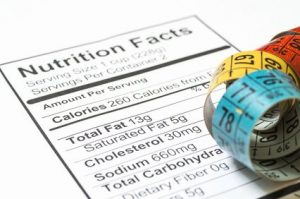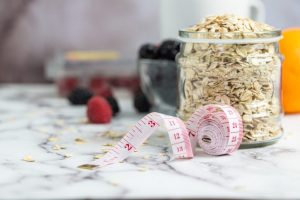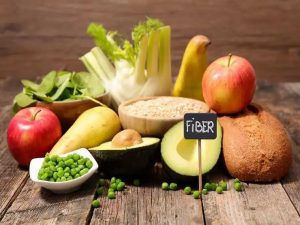Heart disease is the number one killer of both men and women in the United States. However, many of these deaths can be prevented with the proper precautions.
How can you make sure your heart will keep going pitter-patter, without going kerplunk? Let us count the ways…
Here are our top 10 tips for a healthy ticker:
1. Eat healthy fats, not trans fats. We need fats in our diet, including saturated and polyunsaturated and unsaturated fats. One fat we don’t need is trans fat, which is known to increase your risk of developing heart disease or having a stroke over a lifetime. This is because trans fat clogs your arteries by raising your bad cholesterol levels (LDL) and lowering your good cholesterol levels (HDL). By cutting them from your diet, you improve the blood flow throughout your body.
2. Get enough sleep. Sleep is important for so many things. Research shows that cutting back on your shuteye can increase your risk of developing high blood pressure. It can also lower your metabolism, making it harder to lose weight.
3. Say “no” to that extra cup of joe. Four or more cups of daily brew could elevate blood levels of homocysteine, an amino acid associated with increased risk of cardiovascular disease. Drinking more than two cups of coffee a day can harden the arteries and contribute to arteriosclerosis. Switch to tea; its heart-healthy benefits include lower blood pressure and reduced inflammation.
4. Maintain a healthy weight. Packing on extra pounds can increase your risk for heart disease. If you are overweight or obese, try to lose weight by eating nutritious foods and exercising regularly. In particular, people who carry excess fat around their belly—a waist circumference of more than 35 inches for women and 40 inches for men—are more likely to develop heart disease and diabetes.
5. Control your blood pressure. Be sure to speak with you physician to keep your blood pressure under control and to know what your levels should be at. Typically, people should aim for a blood pressure of around 120/80. If you have high blood pressure, learn to check it at home if you can.
6. Stay active. Get moving at least five days a week for 30 minutes. Cardiovascular exercise is anything that keeps your heart pumping such as walking, swimming, or biking. Change your exercise routine so you do not get bored. Remember to get clearance from your physician before you start any new workout plan
7. Cut down on salt. If you have a diet high in salt, it’s likely that your blood pressure could be high too – which means you have an increased risk of suffering from heart disease or stroke. . Cut down by trying not to use any salt at all at the table and reducing how much you use in cooking. Also, keep an eye on food labels to check how much salt you’re eating in processed foods (foods with more than 1.5g salt or 0.6g sodium per 100g are high, so avoid them wherever possible).
8. Don’t turn breakfast into break-feast. While skipping breakfast actually lowers your metabolism, going overboard is no better. A new study done at the University at Buffalo found that big fatty breakfasts trigger the release of inflammatory chemicals associated with clogged arteries. So skip the stack of flapjacks and opt for a strawberry-banana smoothie.
9. Get regular checkups. If you have heart disease or if you know it runs in your family, see your doctor as recommended and do not skip appointments. You may find it helpful to write down a list of questions before your visit.
10. Avoid smoking and breathing in second hand smoke. Lighting up can increase both your blood pressure and risk of blood clots, and reduce your exercise tolerance. Nearly one-third of all deaths from coronary heart disease are related to smoking and the effects of secondhand smoke.
Our heart is what keeps us ticking, quite literally. Be sure to look after it, so it can look after you!

















Be First to Comment